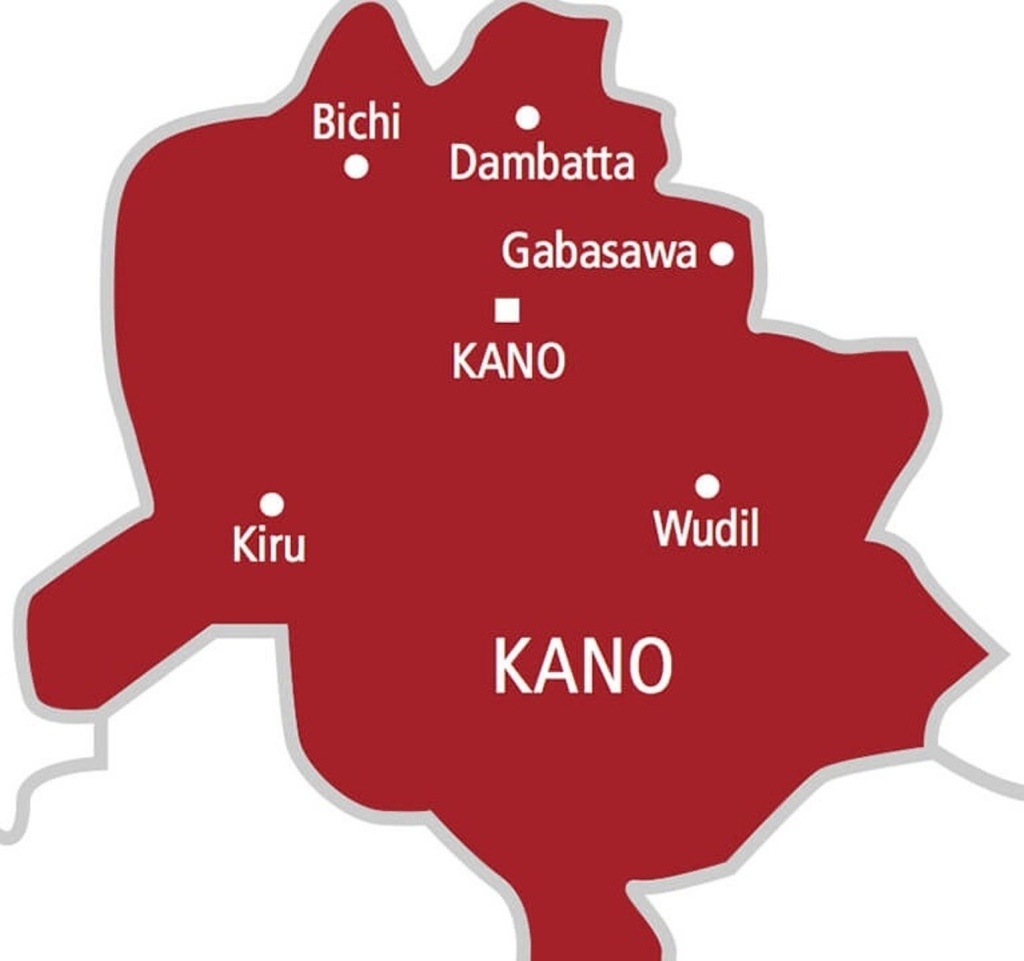Health officials in Nigeria’s Kano State have launched a weeklong evaluation of 484 primary healthcare facility managers as part of efforts to strengthen grassroots medical services. The capacity assessment, led by the Kano State Primary Health Care Management Board (KSPHCMB), began Tuesday at the organization’s headquarters under the oversight of Director General Professor Salisu Ahmad Ibrahim and senior departmental directors.
The initiative aims to assess leadership capabilities, administrative efficiency, and operational preparedness among heads of primary healthcare centers (PHCs) responsible for delivering essential medical services to local communities. All managers from the state’s 44 local government areas are required to participate, according to a press statement by the board’s spokesperson, Sa’adatu Suleiman. The exercise seeks to identify gaps in skills and resources while aligning with broader reforms to improve accountability and healthcare outcomes across Kano’s primary care network.
“This evaluation is critical to ensuring our facility managers can meet the evolving needs of communities they serve,” the statement read, emphasizing the goal of fostering “quality, people-centered care” through targeted training and resource allocation. The assessment marks the latest step in ongoing overhauls of Kano’s primary healthcare system, which serves as the first point of contact for millions of residents, particularly in rural areas.
Public health analysts note that strengthening PHCs is vital across Nigeria, where maternal mortality rates and vaccine-preventable diseases remain pressing concerns. While Kano’s reforms predate the current assessment, officials highlighted that this structured review of managerial competencies reflects a data-driven approach to addressing systemic challenges. The results are expected to guide future investments in workforce development and infrastructure upgrades, with a focus on equitable access to services.
Professor Ibrahim, a public health specialist appointed in 2022 to lead the board, has previously emphasized the role of leadership in improving Nigeria’s health systems. His team plans to use findings from the evaluations to customize training programs and optimize resource distribution across facilities. The exercise concludes next week, with outcomes anticipated to inform policy decisions ahead of the state’s 2024 healthcare budget deliberations.
